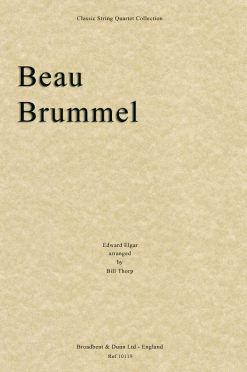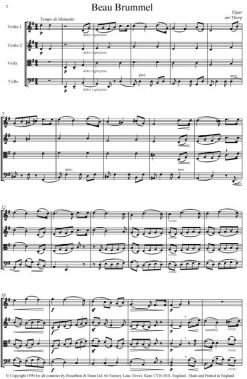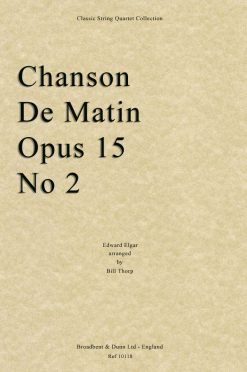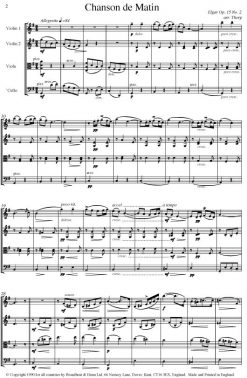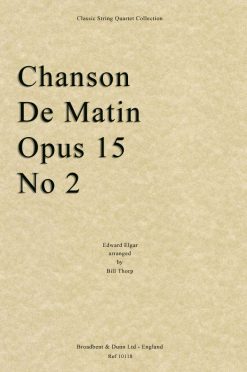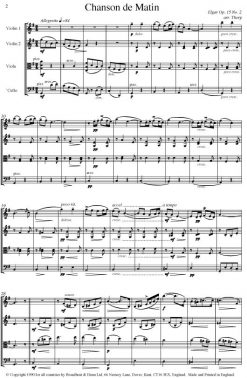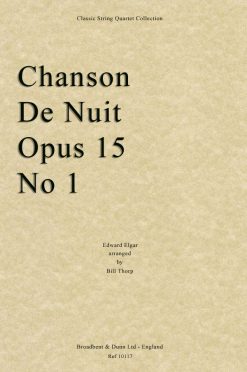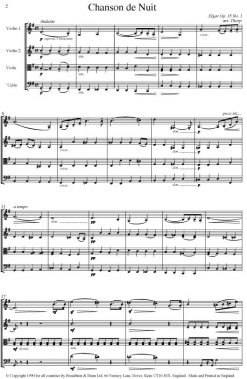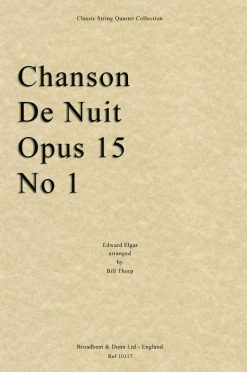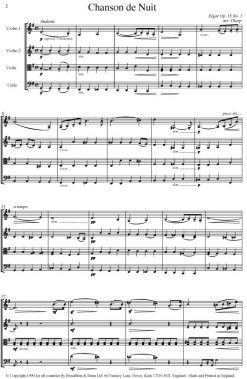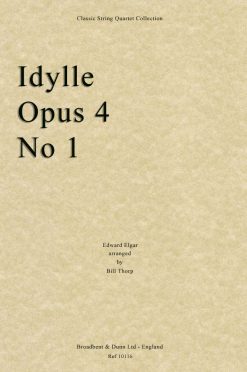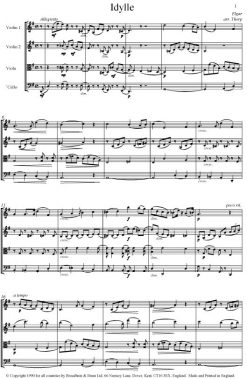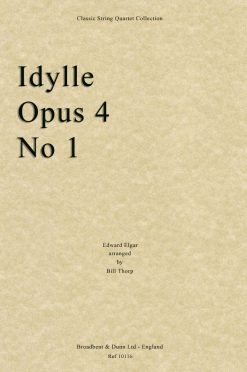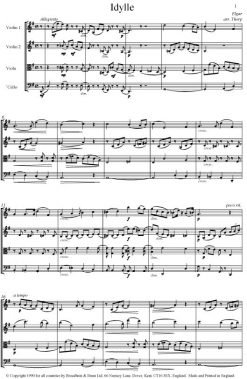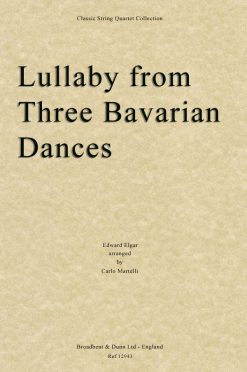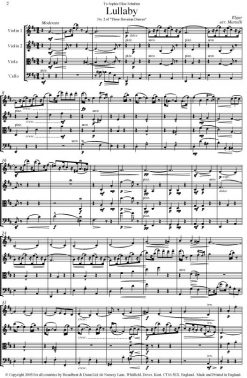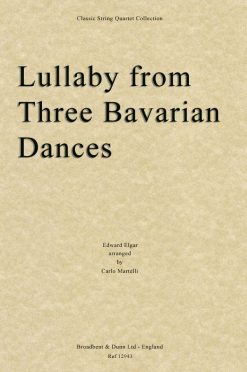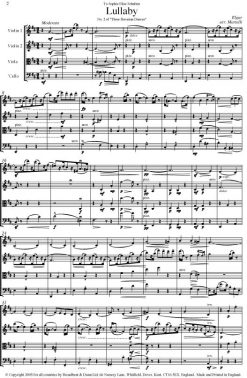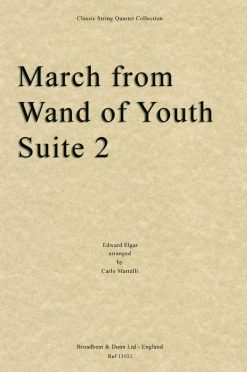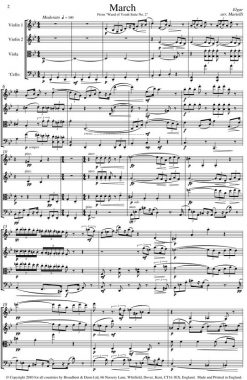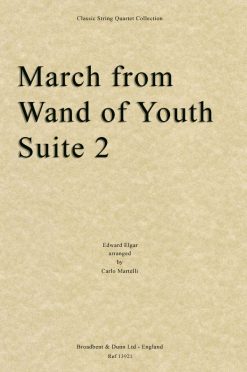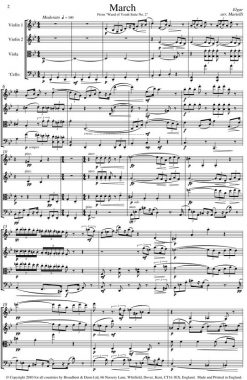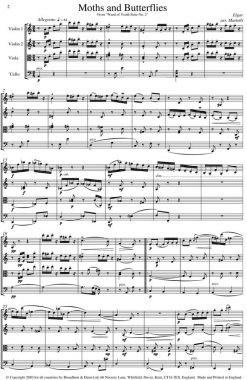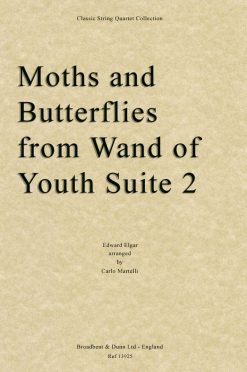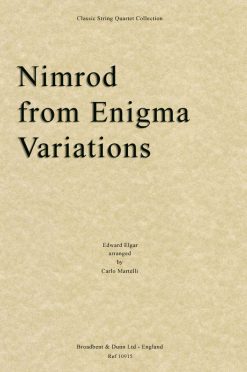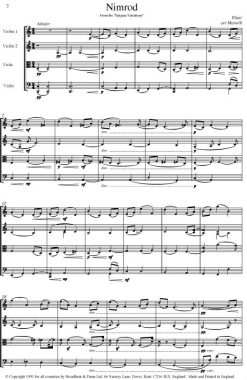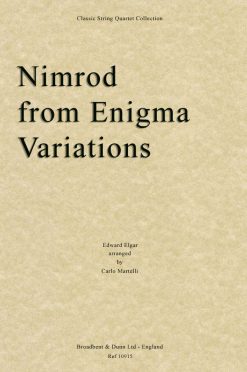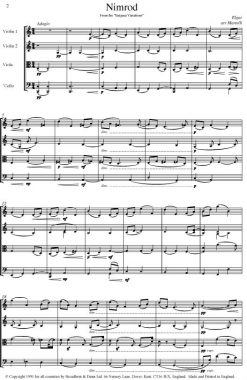Elgar, Edward
Elgar, Edward
Elgar – Chanson De Matin, Opus 15 No. 2 (String Quartet Parts) – Parts Digital Download
Elgar, Edward
Elgar – Chanson De Matin, Opus 15 No. 2 (String Quartet Score) – Score Digital Download
Elgar, Edward
Elgar – Chanson De Nuit, Opus 15 No. 1 (String Quartet Parts) – Parts Digital Download
Elgar, Edward
Elgar – Chanson De Nuit, Opus 15 No. 1 (String Quartet Score) – Score Digital Download
Elgar, Edward
Elgar, Edward
Elgar, Edward
Elgar – Lullaby from Three Bavarian Dances (String Quartet Parts) – Parts Digital Download
Elgar, Edward
Elgar – Lullaby from Three Bavarian Dances (String Quartet Score) – Score Digital Download
Elgar, Edward
Elgar – March from Wand of Youth Suite No. 2 (String Quartet Parts) – Parts Digital Download
Elgar, Edward
Elgar – March from Wand of Youth Suite No. 2 (String Quartet Score) – Score Digital Download
Elgar, Edward
Elgar, Edward

